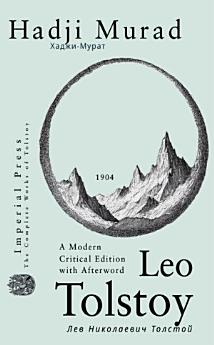Hadji Murad
About this ebook
Written between 1896 and 1904 yet withheld until 1912, Hadji Murad reached readers only after Tolstoy’s death, its vivid record of the Caucasian frontier prompting Harold Bloom to call it the finest story ever composed. In fewer than two hundred pages the narrative compresses imperial ambition, tribal honor, and the cold mechanics of power into a drama whose moral resonance outweighs the brevity of its form.
The manuscript, completed at Yasnaya Polyana and first issued in Saint Petersburg in a slim posthumous edition—with Aylmer Maude’s English rendering appearing the same year in New York—carries the alternate transliterations Hadji Murat and Khadzhi Murat, each reflecting pre-revolutionary spelling conventions; only in 1917 did an unabridged Russian text come to press, revealing the severe revisions that occupied Tolstoy during his last illness. Written long after his own military service in the Caucasus, the novella returns to that landscape not for exotic color but to dissect, with almost surgical detachment, the collision of competing sovereignties that defined mid-nineteenth-century Russian expansion.
This critical reader's edition presents a modern translation of the original manuscript, crafted for the modern reader with clean, contemporary language and simplified sentence structures that clarify his complex Russian phrasing and specific antiquated references. Supplementary material enriches the text with autobiographical, historical, and linguistic context, including an afterword by the translator on Tolstoy’s personal history, impact, and intellectual legacy, an index of the philosophical concepts he employs—emphasizing Existentialism and influence by Schopenhauer—a comprehensive chronological list of his published writings, and a detailed timeline of his life, highlighting the personal relationships that shaped his philosophy.











